
The Ministry of Agriculture and Rural Development proposes to regulate the competent authority to inspect veterinary hygiene conditions.
Principles of veterinary hygiene inspection for facilities
According to Article 36 of Circular No. 09/2016/TT-BNNPTNT, amended and supplemented by Circular No. 10/2022/TT-BNNPTNT, the principles of veterinary hygiene inspection for facilities are clearly stipulated as follows:
Veterinary hygiene inspection is based on relevant technical standards and regulations; and relevant legal documents.
The inspection and supervision of veterinary hygiene conditions for the facilities specified in Point d, Section 2, Appendix I or the facilities submitting a request for inspection and supervision of veterinary hygiene conditions (at the request of the importing country) shall be carried out in accordance with the provisions of Articles 37 and 38 of this Circular.
Types of certificates that are equivalent to the Certificate of veterinary hygiene conditions include: Certificate of food safety qualified facility, Good animal husbandry practices (VietGAHP), Global Good Agricultural Practices (GLOBALG.AP), Good manufacturing practices (GMP), Hazard Analysis and Critical Control Points (HACCP), ISO 22000 Food Safety Management System, International Food Standards (IFS), Global Food Safety Standards (BRC), Food Safety System Certification (FSSC 22000), Disease Safety Certificate, Certificate of livestock qualifications, Certificate of animal feed production qualifications. Facilities with one of the above types of certificates do not have to apply for a Certificate of veterinary hygiene conditions, except in cases required by the importing country.
Samples taken from veterinary hygiene inspections of facilities must be analyzed by a testing laboratory with a Certificate of registration for testing activities as prescribed.
In the draft, the Ministry of Agriculture and Rural Development proposed to amend Article 36 - Principles of veterinary hygiene inspection for facilities as follows:
Basis for veterinary hygiene inspection: Corresponding technical standards and regulations; relevant legal documents.
Veterinary hygiene inspection of facilities specified in Point d, Section 2, Appendix I or facilities submitting applications for veterinary hygiene inspection (as required by the importing country) shall be carried out in accordance with the provisions of Articles 37 and 38 of this Circular.
Periodic inspection of veterinary hygiene conditions only applies to uncertified facilities (except for facilities that have been granted a Certificate but do not meet veterinary hygiene requirements upon surprise inspection): Facilities that meet food safety conditions; Good animal husbandry practices (VietGAHP); Global good agricultural practices (GLOBALG.AP); Good manufacturing practices (GMP); Hazard analysis and critical control points (HACCP); ISO 22000 food safety management system; International food standards (IFS); Global standards for food safety (BRC); Food safety system certification (FSSC 22000); disease safety; qualified animal husbandry; qualified animal feed production.
The draft clearly states that veterinary hygiene inspections of export facilities are carried out at the request of the importing country or the owner of the goods.
Samples taken from veterinary hygiene inspections of facilities must be analyzed by a testing laboratory with a Certificate of registration for testing activities as prescribed.
In addition, the Ministry of Agriculture and Rural Development proposes that competent authorities inspect veterinary hygiene conditions including:
1- Department of Animal Health for export establishments; mixed export and domestic consumption establishments; mixed export and import establishments.
2- Regional Veterinary Sub-Department, Regional Animal Quarantine Sub-Department under the Department of Animal Health for import facilities; mixed import and domestic consumption facilities in provinces and centrally run cities, specifically as follows:
- Veterinary Department of Region I: Hanoi, Hoa Binh, Ha Nam, Nam Dinh, Ninh Binh, Phu Tho, Vinh Phuc, Son La, Lai Chau, Dien Bien, Yen Bai.
- Veterinary Department of Region II: Hai Phong, Thai Binh, Cao Bang, Ha Giang, Tuyen Quang, Bac Kan, Thai Nguyen, Bac Giang, Bac Ninh, Hai Duong, Hung Yen.
- Veterinary Department of Region III: Thanh Hoa, Nghe An, Ha Tinh, Quang Binh, Quang Tri, Thua Thien Hue.
- Veterinary Department of Region IV: Da Nang, Quang Nam, Quang Ngai, Phu Yen, Khanh Hoa, Binh Dinh.
- Veterinary Department of Region V: Gia Lai, Kon Tum, Dak Lak, Lam Dong, Dak Nong.
- Veterinary Department of Region VI: Ho Chi Minh City, Ninh Thuan, Binh Thuan, Dong Nai, Ba Ria-Vung Tau, Binh Duong, Binh Phuoc, Tay Ninh, Long An, Tien Giang, Ben Tre.
- Veterinary Department of Region VII: Can Tho, Hau Giang, Vinh Long, Tra Vinh, Dong Thap, An Giang, Soc Trang, Kien Giang, Bac Lieu, Ca Mau.
- Animal Quarantine Department of Quang Ninh region: Quang Ninh.
- Animal Quarantine Department of Lang Son region: Lang Son.
- Lao Cai Regional Animal Quarantine Department: Lao Cai.
3- Provincial veterinary management agency for facilities not included in points 1 and 2 above and serving domestic consumption.
Requirements for team leader, inspection team members and samplers
According to the draft, the head of the delegation is a department-level leader or higher or a civil servant with at least 5 years of experience in state management of veterinary medicine and veterinary animal husbandry.
The inspection team must have at least 01 member trained in assessing veterinary hygiene conditions for facilities organized by the Department of Animal Health; at least 01 member must have a university degree or higher in one of the fields of animal husbandry, veterinary medicine, or aquaculture.
The sampler must have expertise in one of the following fields: animal husbandry, veterinary medicine, or aquaculture; and have a certificate of participation in training or coaching related to sampling.
Source


![[Photo] Prime Minister Pham Minh Chinh starts construction of vital highway through Thai Binh and Nam Dinh](https://vphoto.vietnam.vn/thumb/1200x675/vietnam/resource/IMAGE/2025/5/12/52d98584ccea4c8dbf7c7f7484433af5)


![[Photo] Prime Minister Pham Minh Chinh receives Swedish Minister of International Development Cooperation and Foreign Trade](https://vphoto.vietnam.vn/thumb/1200x675/vietnam/resource/IMAGE/2025/5/12/ae50d0bb57584fd1bbe1cd77d9ad6d97)
![[Photo] Prime Minister Pham Minh Chinh works with the Standing Committee of Thai Binh Provincial Party Committee](https://vphoto.vietnam.vn/thumb/1200x675/vietnam/resource/IMAGE/2025/5/12/f514ab990c544e05a446f77bba59c7d1)



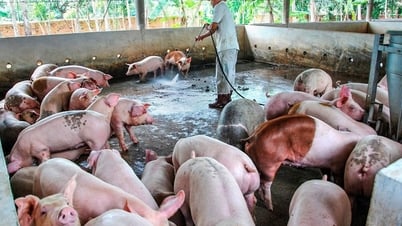

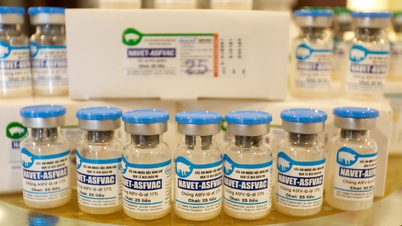

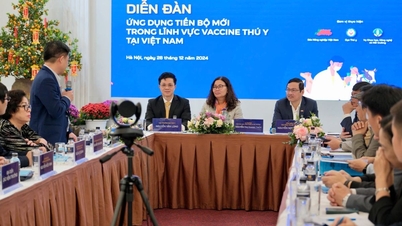
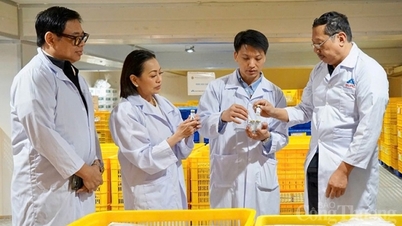


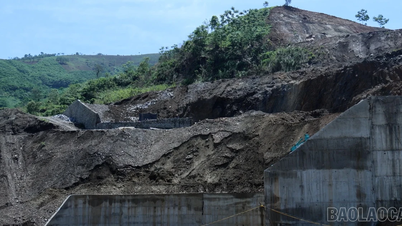

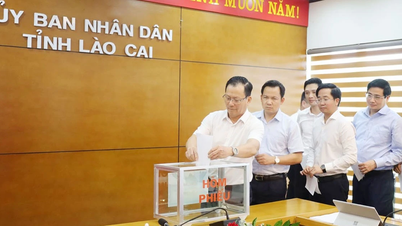
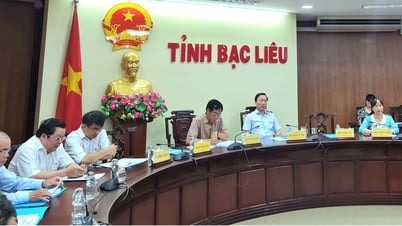
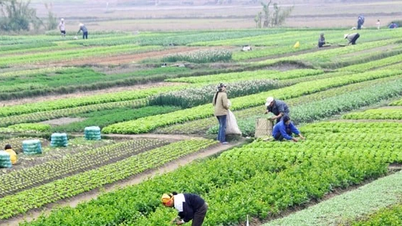
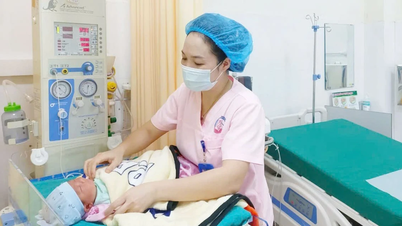




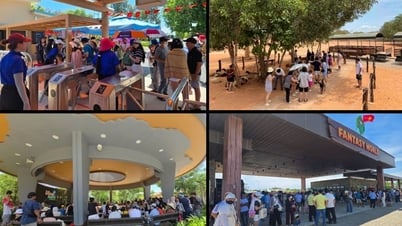

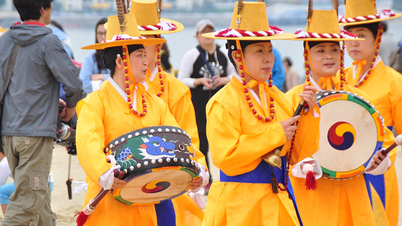
















































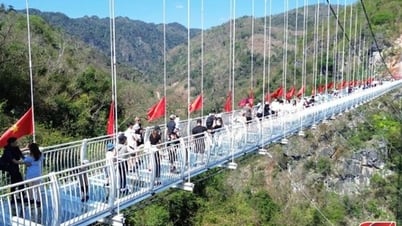

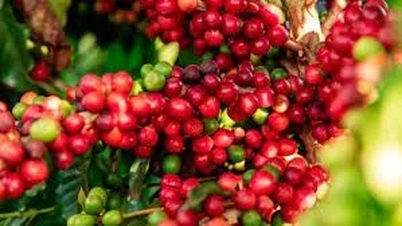

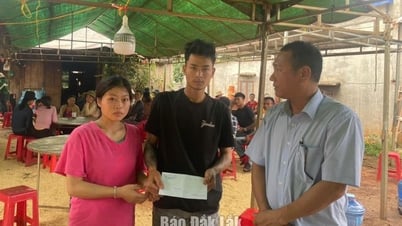

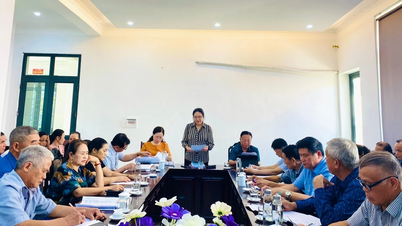

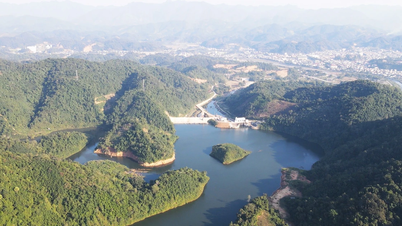


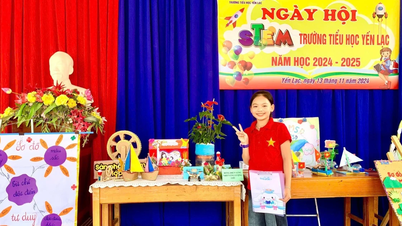









Comment (0)